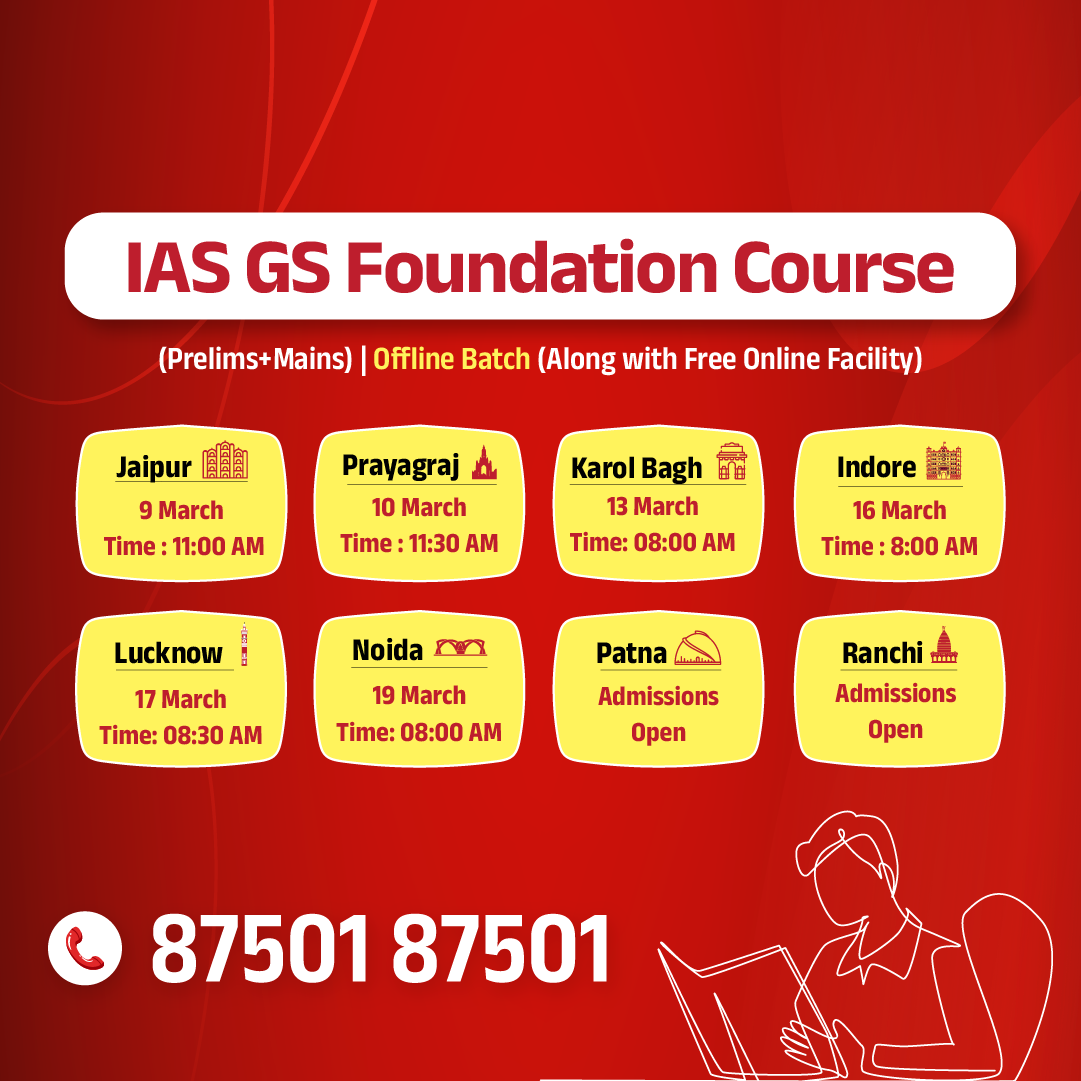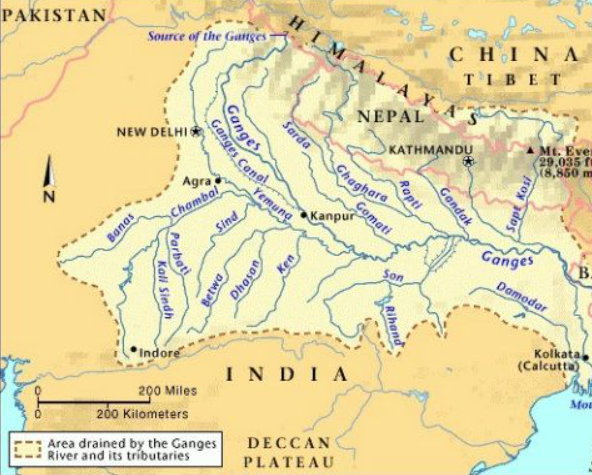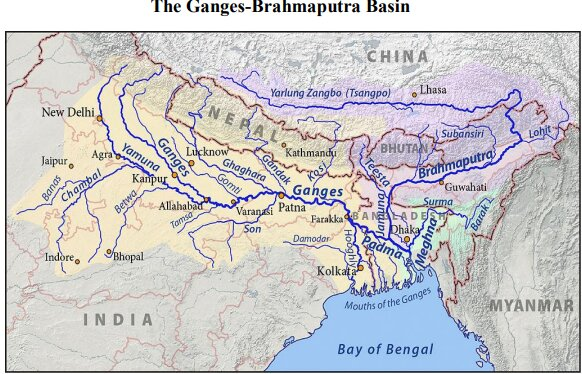Uttar Pradesh Switch to Hindi
Sharda River
Why in News?
Several people drowned after being caught in the strong currents of the Sharda River near Devraghat in the Sitapur district.
Key Points
- About the Sharda River:
- Origin and Course:
- The Sharda River, also known as the Kali River in its upper reaches, originates in Uttarakhand.
- It rises in the Great Himalayas, on the eastern slopes of the Nanda Devi massif.
- Flowing generally south-southwest, the river forms the boundary between Uttarakhand (India) and western Nepal.
- After descending from the mountains, it enters the Indo-Gangetic Plain at Barmdeo Mandi in Nepal.
- As the river widens above the Sarda Barrage, it is referred to as the Sarda River.
- After crossing into India, the Sarda River flows southeastward through northern Uttar Pradesh.
- It eventually joins the Ghaghara River southwest of Bahraich, covering a total length of approximately 480 km (300 miles).
- Major Tributaries:
- Key tributaries of the Sarda River are Dhauliganga River, Goriganga River, Sarju River.
- Sarda Barrage and Canal System:
- The Sarda Barrage, located near Banbasa in Uttarakhand, plays a significant role in irrigation.
- It serves as the origin of the Sarda Canal, completed in 1930, which is one of northern India’s longest irrigation canals.
- Origin and Course:
Ghaghara River
- Origin and Upper Course:
- The Ghaghara River is a major left-bank tributary of the Ganges River.
- It originates as the Karnali River in the high Himalayas of the southern Tibet Autonomous Region in China.
- Flowing southeast through Nepal, it descends from the mountains and cuts across the Siwalik Range.
- Formation of the River:
- After crossing the Siwalik Range, the river splits into two branches.
- These branches reunite south of the India-Nepal border, forming what is known as the Ghaghara River.
- Key Tributaries:
- Major tributaries that join the Ghaghara from the north include Kuwana River, Rapti River, Little Gandak River.
- These tributaries contribute significantly to the river’s volume and have helped shape the extensive alluvial plains of northern Uttar Pradesh.
- In its lower reaches, the Ghaghara is also known by other names Sarju River, Deoha.
- It was referred to as Sarabos by the 2nd-century Greek geographer Ptolemy.






















.jpg)









.png)


.jpg)

 PCS Parikshan
PCS Parikshan



